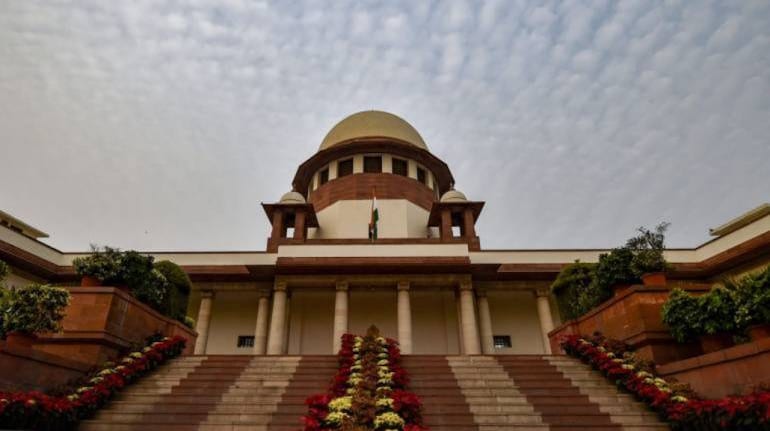



The January 17 Supreme Court order on the Antrix-Devas liquidation matter is nothing short of ground-breaking. Its implications go beyond the legal, into ethical and political domains. Unlike Cairn or Vodafone, this was not a case of a country reneging on extant laws by invoking retrospective amendment, but undoing a monumental fraud perpetrated on an arm of a sovereign State. That is a herculean achievement for a government that, so far, had a mixed record in legal matters. In the press conference held by Finance Minister Nirmala Sitharaman on January 18 the minister stressed how the Antrix-Devas deal, which was signed when the Congress-led United Progressive Alliance (UPA) was in power, was a “fraud against India”.
The scale and modus operandi of the scam was so clear that the court had no hesitation in throwing out of the window the oft repeated argument of the decision sending out wrong signals to the internal investor community — an argument used in the matter of retrospective taxation. Specifically commenting on the issue, the court said that “allowing Devas and its shareholders to reap the benefit of their fraudulent action… may send another wrong message”.
While that settles the points of law, at least in the domestic courts, it leaves open larger ethical questions on the responsibilities of the executive. From the evidence that has come to light, those who were involved in the decision were complicit at each stage, including in pursuing legal recourse, and defending the international arbitration.
The latter has put India on precarious grounds with Devas invoking the arbitration award for attaching Indian sovereign property in many countries around the world. Though the Supreme Court of India judgment may buttress India’s arguments, how far it would help us in foreign courts remains to be seen. Without doubt it will be a major challenge for the government’s law officers and legal advisers.
Surely, the Supreme Court order will play out in the electoral campaigns by political parties in the upcoming assembly polls to five states. The latest development in the Antrix-Devas deal takes the sting out of the Oppositions corruption charges levelled against the current Union government, most notably on the Rafale deal. However, it is doubtful that any of the actors behind the heist and the beneficiaries of the spoils would be brought to book, notwithstanding the involvement of various investigative agencies. There lies the travesty of justice.
The Bharatiya Janata Party (BJP)-led National Democratic Alliance (NDA) government has not received sufficient credit for clearing many of the problems it inherited from the UPA era. The examples of the NPA crisis, and the retrospective taxation issue are some of those cited. Even the lacunae in the first generation bilateral investment treaty has been the cause of many problems including the contract with Devas.
However, unlike other controversial actions of the UPA, such as the coal block and 2G spectrum allocations, the Antrix-Devas deal has major implications for national security. Not invoking that aspect while terminating the contract may have been a legal lapse — but allowing those who compromised the security of the nation to get away scot-free would be an even more serious offence.
The Union government must publish a ‘white paper’ to apprise the nation on what happened, and explain why the deal was against India’s interests. That might be a deterrent for future generations of politicians and bureaucrats to exercise greater restraints in dealing with such sensitive matters.
For the ‘New India’ to command its rightful place in the global order, it is not enough to just be, but also be seen as a country where national interests are non-negotiable. Otherwise, there will be more such deals where the chinks in the system will be exploited. Such clarity and steadfastness is expected from this government on such matters — after all the BJP came to power on the promise of maximum governance.
That is why Devas is a watershed judgment that should serve as a guiding light for future generations of politicians.
Sandip Ghose is a current affairs commentator. Twitter: @SandipGhose. Views are personal, and do not represent the stand of this publication.
Discover the latest Business News, Sensex, and Nifty updates. Obtain Personal Finance insights, tax queries, and expert opinions on Moneycontrol or download the Moneycontrol App to stay updated!
Find the best of Al News in one place, specially curated for you every weekend.
Stay on top of the latest tech trends and biggest startup news.